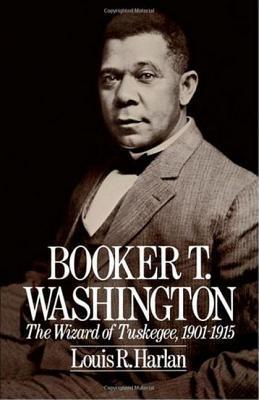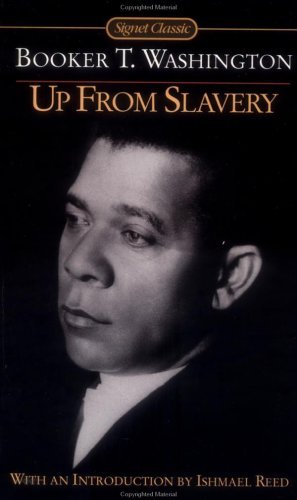
Black Reconstruction in America 1860-1880
Book Description
Captured in a whirlwind of hope and despair, "Black Reconstruction in America 1860-1880" unveils the tumultuous struggle for freedom and equality just after the Civil War. W.E.B. Du Bois masterfully exposes the seismic shifts in American society as formerly enslaved people dared to dream of a new life, confronting fierce resistance and betrayal at every turn. With bold courage, they forged an identity, challenged oppression, and fought for justice in a nation split apart. Can resilience triumph over a legacy of hate, or will the promise of Reconstruction slip through their fingers? Explore the story that reshaped America forever.
Quick Book Summary
W.E.B. Du Bois's "Black Reconstruction in America, 1860-1880" delivers a penetrating analysis of the transformative yet tumultuous period following the American Civil War. The book details the profound agency of Black Americans, both enslaved and newly freed, in shaping the social and political landscape of the Reconstruction South. Du Bois challenges prevailing narratives by asserting that Black labor, organization, and political engagement were central in redefining democracy in the United States. He also exposes the deliberate sabotage by white supremacists, particularly through the rise of violent counter-movements and the institutions that betrayed the promise of Reconstruction. Ultimately, Du Bois argues that the era was a battleground over the true meaning of freedom and citizenship, with consequences that echo into the present.
Summary of Key Ideas
Table of Contents
The Central Role of Black Labor and Agency
Du Bois begins by underscoring the critical and active role formerly enslaved people played during and after the Civil War. Far from being passive recipients of emancipation, Black Americans were instrumental in the war’s outcome by organizing labor strikes, supporting Union forces, and seizing opportunities for freedom. Their collective actions destabilized the Southern slave-based economy, catalyzing the collapse of the Confederacy and fundamentally altering the nation’s labor system.
Reconstructing Democracy and Citizenship
In the wake of liberation, formerly enslaved people and their allies worked to reconstruct American democracy. Through grassroots organization, Black communities established schools, churches, and mutual aid societies, simultaneously seeking social advancement and political participation. The extension of voting rights and the presence of Black legislators in Southern governments represented an unprecedented step forward. During this period, new laws and state constitutions advanced civil rights, universal male suffrage, and social services, temporarily fulfilling the ideals of democracy.
White Supremacy and the Betrayal of Reconstruction
These gains, however, prompted a fierce backlash. Du Bois details how white supremacist groups, economic elites, and reactionary politicians mobilized to resist Reconstruction’s reforms. Through violence, terror, and legislation, such as Black Codes and Jim Crow laws, they methodically dismantled advances achieved by Black Americans. The withdrawal of federal protection and the Compromise of 1877 marked the end of Reconstruction, ushering in an era of legal segregation and disenfranchisement that nullified much of Black progress.
The Mythology of the 'Tragic Era'
Challenging dominant narratives of his time, Du Bois exposes what he calls the "propaganda of history," which depicted Reconstruction as a period of incompetence and corruption due to Black participation in government. He counters these tropes with data and case studies, asserting that failures during Reconstruction were products of white resistance rather than Black incapacity. His analysis confronts myths propagated by historians seeking to justify Southern racial hierarchies.
Legacies for American Society
Du Bois concludes by exploring the era’s enduring significance. The successes and failures of Reconstruction, he contends, shaped the trajectory of American society, laying bare the limits and possibilities of democracy in a nation divided by race and class. The book calls for a re-examination of American history that centers Black experience and agency, insisting that the legacy of Reconstruction is inextricably linked to ongoing struggles for justice and equality.
Download This Summary
Get a free PDF of this summary instantly — no email required.





